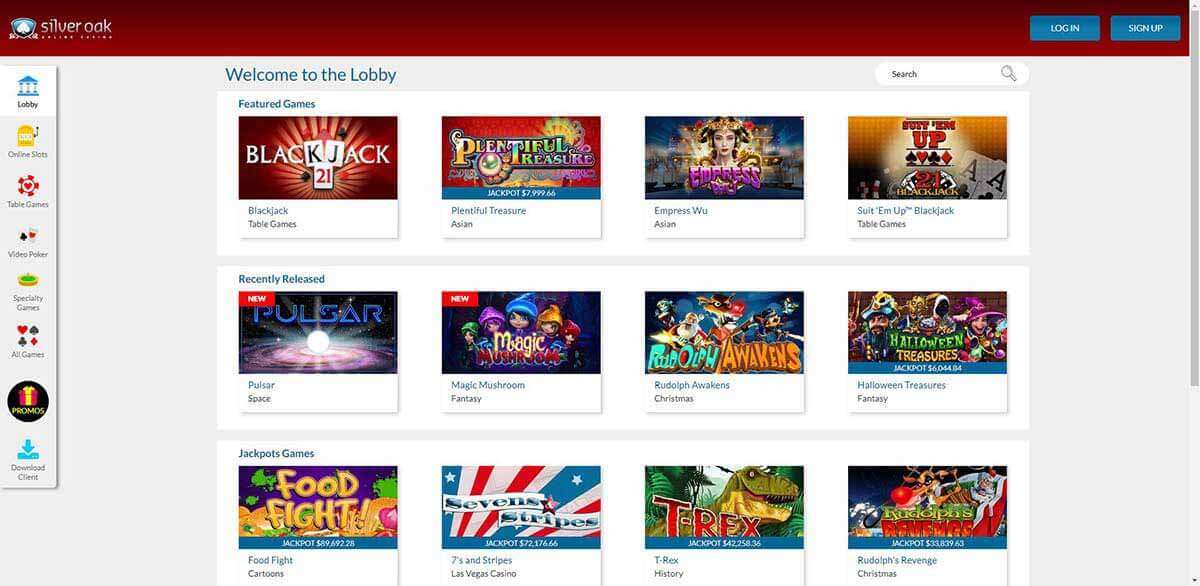Casino Clash: The Battle for Market Share in the Slot Industry
Auto-generated excerpt
Casino Clash: The Battle for Market Share in the Slot Industry
The slot industry has experienced significant growth over the past decade, with casinos and game developers competing fiercely for market share. The global gaming market is projected to reach $145 billion by 2025, with slots being a major contributor to this revenue. In this article, we will delve into the current state of the slot industry, explore the key players vying for dominance, and examine the strategies employed by each.
The Rise of Online Slots
game The shift from land-based casinos to online gaming has revolutionized the slot industry. With the convenience of playing from anywhere, at any time, online slots have become increasingly popular among gamers. According to a recent survey, 70% of players prefer online slots over traditional land-based options. This trend is expected to continue, with online gaming projected to account for 50% of global revenue by 2025.
Key Players in the Slot Industry
Several companies are vying for market share in the slot industry. Some notable players include:
- IGT (International Game Technology) : A leading provider of slots and other casino games, IGT has been a major player in the industry since its inception.
- Scientific Games : Formerly known as WMS Industries, Scientific Games is another prominent developer of slots and table games.
- NetEnt : A Swedish-based game developer, NetEnt has gained significant popularity for its high-quality slot machines.
- Playtech : A UK-based company, Playtech has expanded its reach through strategic partnerships with leading casino operators.
Innovative Features Driving Slot Industry Growth
To stay ahead of the competition, companies are incorporating innovative features into their slot games. Some notable trends include:
- Mobile Optimization : With the majority of players now accessing slots on mobile devices, game developers must ensure seamless performance and intuitive interfaces.
- Immersive Storytelling : Slots with engaging narratives and immersive gameplay mechanics have become increasingly popular among gamers.
- High-Volatility Games : Players are seeking high-risk, high-reward games that offer large payouts, driving demand for such titles.
The Battle for Market Share: Strategies Employed by Key Players
To maintain their market share, companies must adapt to changing player preferences and emerging trends. Some strategies employed by key players include:
- Content Aggregation : Companies are partnering with game developers to aggregate a vast library of slot games, offering operators a one-stop-shop for content.
- In-Game Promotions : Game developers are incorporating in-game promotions, such as tournaments and leaderboards, to enhance player engagement and retention.
- Personalization : Operators are leveraging data analytics to offer personalized recommendations, tailoring the gaming experience to individual players’ preferences.
The Impact of Regulation on the Slot Industry
Regulatory frameworks have a significant impact on the slot industry. Changes in laws and regulations can influence market dynamics, with companies adapting their strategies accordingly. Some notable regulatory developments include:
- Online Gaming Regulations : Countries are implementing strict regulations for online gaming, ensuring player safety and fairness.
- Gaming Taxes : Governments are imposing taxes on gaming revenue, affecting operator profitability and driving consolidation within the industry.
Emerging Trends in the Slot Industry
As the slot industry continues to evolve, several emerging trends will shape its future. Some notable developments include:
- Cloud Gaming : Cloud-based gaming platforms are reducing infrastructure costs for operators while providing players with seamless access to games.
- Artificial Intelligence (AI) : AI-driven game development and optimization tools are enhancing player experience and operator profitability.
- Social Responsibility : Companies are prioritizing social responsibility initiatives, promoting responsible gaming practices among players.
Conclusion
The slot industry is undergoing a period of significant change, driven by technological advancements, shifting player preferences, and regulatory developments. Companies must adapt their strategies to remain competitive in this rapidly evolving landscape. As the battle for market share intensifies, game developers and operators will focus on innovation, content aggregation, and personalization to drive growth and revenue.




